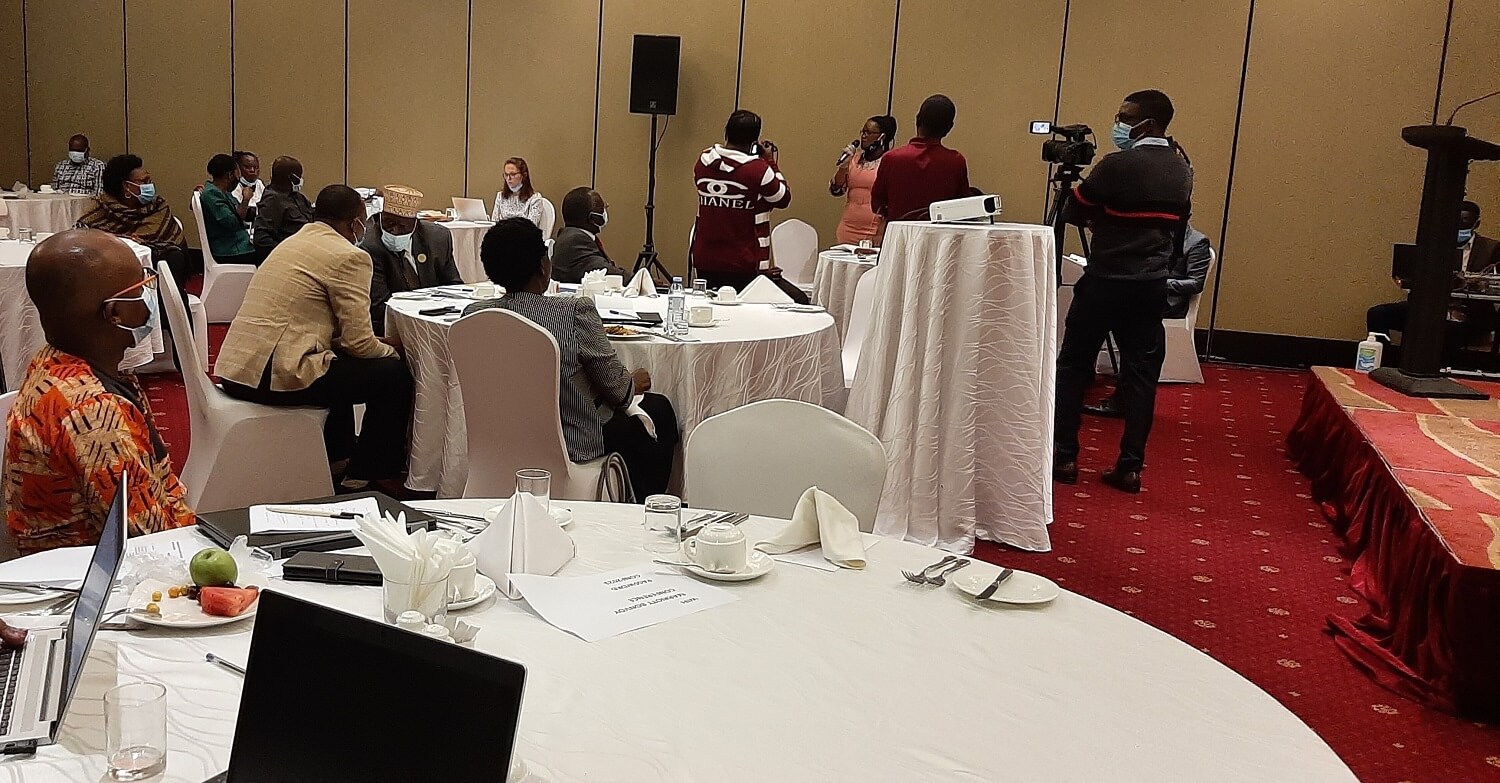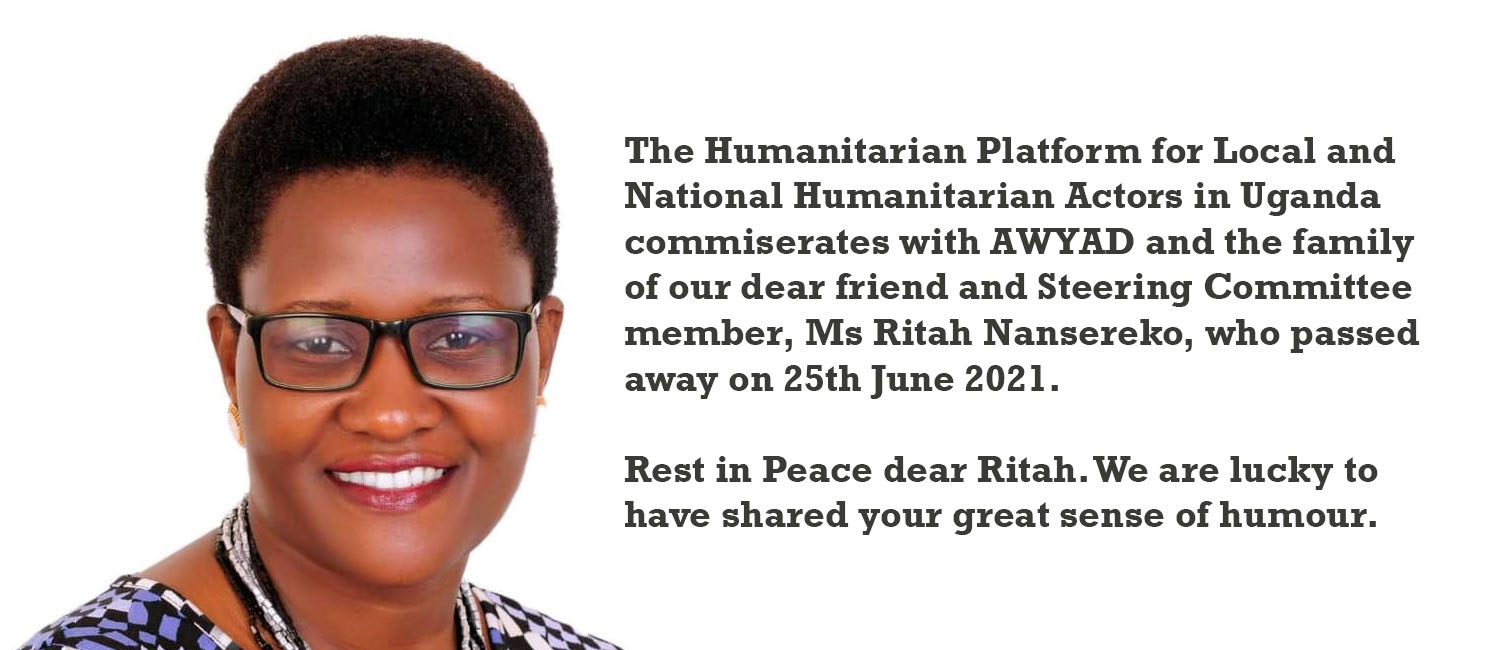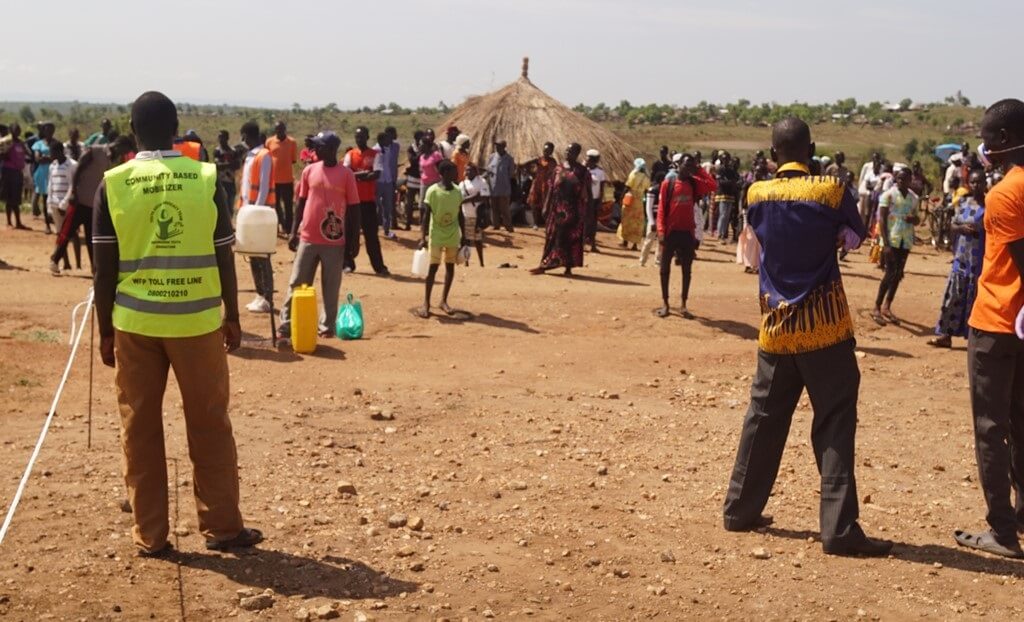
Local Humanitarian Actors urge Government to prioritize the Rights of Refugees
Today, Uganda is hosting more than 1.4 million refugees in various parts of the country, and the majority being hosted in the country’s poorest region. Uganda has been a haven for the refugees fleeing from DRC and South Sudan, even in the midst of a global crisis like COVID-19, the country has found ways to manage border restrictions in a manner which respects international human rights and refugee protection standards.
The country has been praised for having one of the most progressive and generous refugee laws and policy regimes in the world. However, the impact of COVID 19 has had devastating impact on the lives of very many people especially vulnerable groups like the refugees and their hosts. Refugees and their hosts are experiencing a drastic reduction in accessing the most essential services like health, education and provision of food, amid reduced aid for humanitarian work.
This has immeasurably impacted on their ability to enjoy fundamental rights like the right to adequate food, the right to education and the right to health among others. While humanitarian needs in Uganda are escalating, resources are increasingly over stretched, leaving the most vulnerable individuals (women and children) without the support that they so desperately need.
In the previously conducted inter-ministerial dialogue on Uganda’s humanitarian crisis and the role of local actors, it was pointed out clearly that refugee response in Uganda need more consorted efforts by local, national and International actors.
It’s against this background that AWYAD and OXFAM, in collaboration with the Office of the Prime Minister, have organized a national dialogue, geared towards forging ways of enhancing the rights of refugees and their hosts during and after the pandemic. The dialogue galvanized support from donors, and other stakeholders to increase resources for refugee work in Uganda. The meeting was graced by over 50 humanitarian actors drawn from the Office of the Prime Minister, Members of Parliament, District LCV Chairpersons, CSOs, Refugee representatives and media.
The dialogue commenced with presentations on 1). Refugees food security Implications and analysis in the COVID 10 era. 2). The right to education for refugees. Speaking on behalf of the education consortium, Ms. Clare Wanula from AYWAD emphasized the devastating impact COVID 19 had had on the right to quality education, especially among vulnerable refugees and host children.
“It’s a double tragedy as the effects have further exacerbated the pre-existing gender inequalities and vulnerabilities especially among refugee girls and children with disabilities, due to unprecedented disruptions to learning.”
While education remains the source of hope among the refugees and host children, the learning crisis could kill the current generation if not given the due attention as the current pandemic had broadened the divide between the right to quality education and access especially in areas with limited access to internet, no electricity, low access to radios, and online learning.
The commissioner highlighted some of the Many global conferences that have been held on the plight of refugees in many places such as- Accra, Rome, Istanbul etc. Specifically, the grand bargain presents opportunities through country commitments that Uganda should fast track so as to deepen the localization agenda.
The Ass. Commissioner further noted the selective application of standards for refugees in Uganda i.e. besides food provision, no resource is given to aid preparation in terms of gas or clean energy sources of fire. The end result is deforestation and a risk for global warming effects to prevail. In a nutshell, called for aggressive lobby and advocacy to ensure global commitments are met.
Hon. Jennifer Namuyangu, State Minister for local government co-chair CRRF in her remarks appreciated the establishment of a more predictable and comprehensive refugee response framework and Uganda’s openness to host refugees as they come. She noted the drastic reduction in humanitarian funding and called on the international community to live up to its global commitments as enshrined in the Grand Bargain, the only way to deepen the localization agenda.



